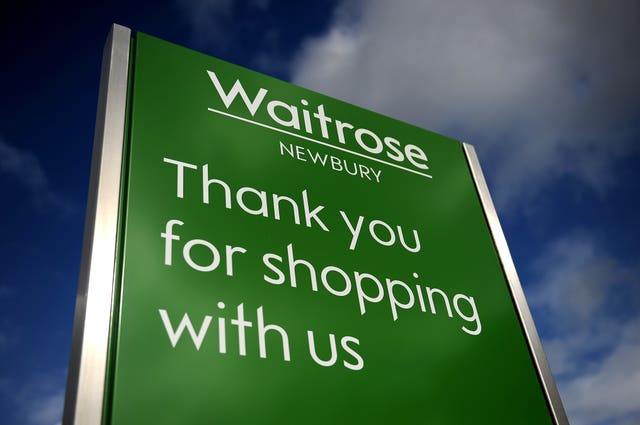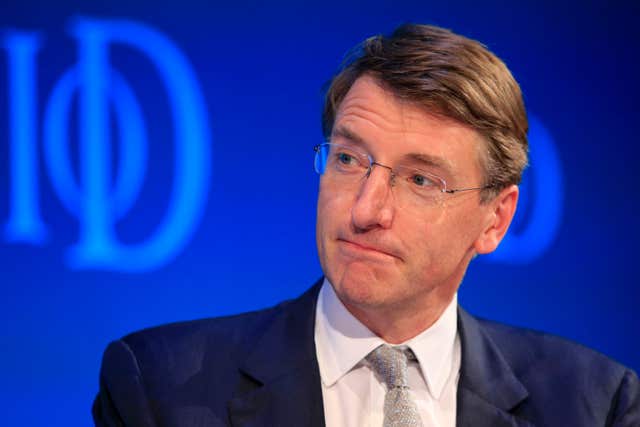John Lewis Partnership cuts staff bonus as annual profits plunge
Weaker sales and profits at John Lewis department stores weighed on the group’s results.

Staff at the John Lewis Partnership will see their bonuses cut for the sixth consecutive year as the retail giant revealed a slump in annual profits.
The group said it will reduce the renowned bonus to 3% of annual salary, with 83,000 partners sharing a pot worth £44.7 million, down from £74 million the previous year.
The latest figure is down from 5% last year and marks the lowest bonus since 1953.
The partnership, which includes upmarket supermarket Waitrose, warned in January that it might have to axe the renowned payout as it battles challenging trading conditions.

It came as the group saw profit before tax, exceptionals and bonuses plummet 45.4% to £160 million.
While overall revenue climbed 1% to £10.3 billion for the period ending January 26, operating profits were down sharply due to challenges at John Lewis.
Operating profit at the department store fell by 56% to £114.7 million due to weaker home sales, tighter margins, higher IT costs and the cost of new shops.
Like-for-like sales were down 1.4%.
In contrast, operating profit at Waitrose recovered, climbing 18% to £203.2 million. The supermarket’s like-for-like sales jumped 1.3%.
Chairman Sir Charlie Mayfield said: “In line with expectations set out in June, our partnership profits before exceptionals have finished substantially lower in what has been a challenging year, particularly in non-food.”

He warned that trading conditions are set to remain challenging in 2019, but the partnership was “confident in our strategic direction and customer offer across both brands”.
After accounting for exceptional items and the bonus payout, pre-tax profit was up 9.2% at £117.4 million.
The firm said it will sell off five Waitrose stores to rival retailers in Torquay, Teignmouth, Ashbourne, Blaby and Barry, affecting 440 staff.
Sir Charlie added that Brexit and retail failures are taking their toll.
“Near-term uncertainty, politically and in the economy, is having a major impact on consumer confidence, but we do not believe the market conditions are cyclical.
“The disruption we have seen on the high street, including business failures and renewed interest in mergers and acquisitions, are instead signs of an inevitable market adjustment which will require greater clarity on whether brands are competing on scale or difference.”
Speaking to the media, Sir Charlie said the UK’s tax system was also a challenge for high street retailers.
But he did not agree with Sports Direct chief Mike Ashley’s suggestion for an online sales tax, saying it addressed the “symptom” of shifting consumer habits rather than the underlying cause.
The partnership also warned over a no-deal Brexit – or “unmanaged transition” – and the impact on consumer confidence and trade.
Waitrose confirmed it has increased its stock of some non-perishable goods to prepare for a no-deal Brexit, but warned that fresh items such as salad and fruit could be blocked from entering the country without a deal in place.





